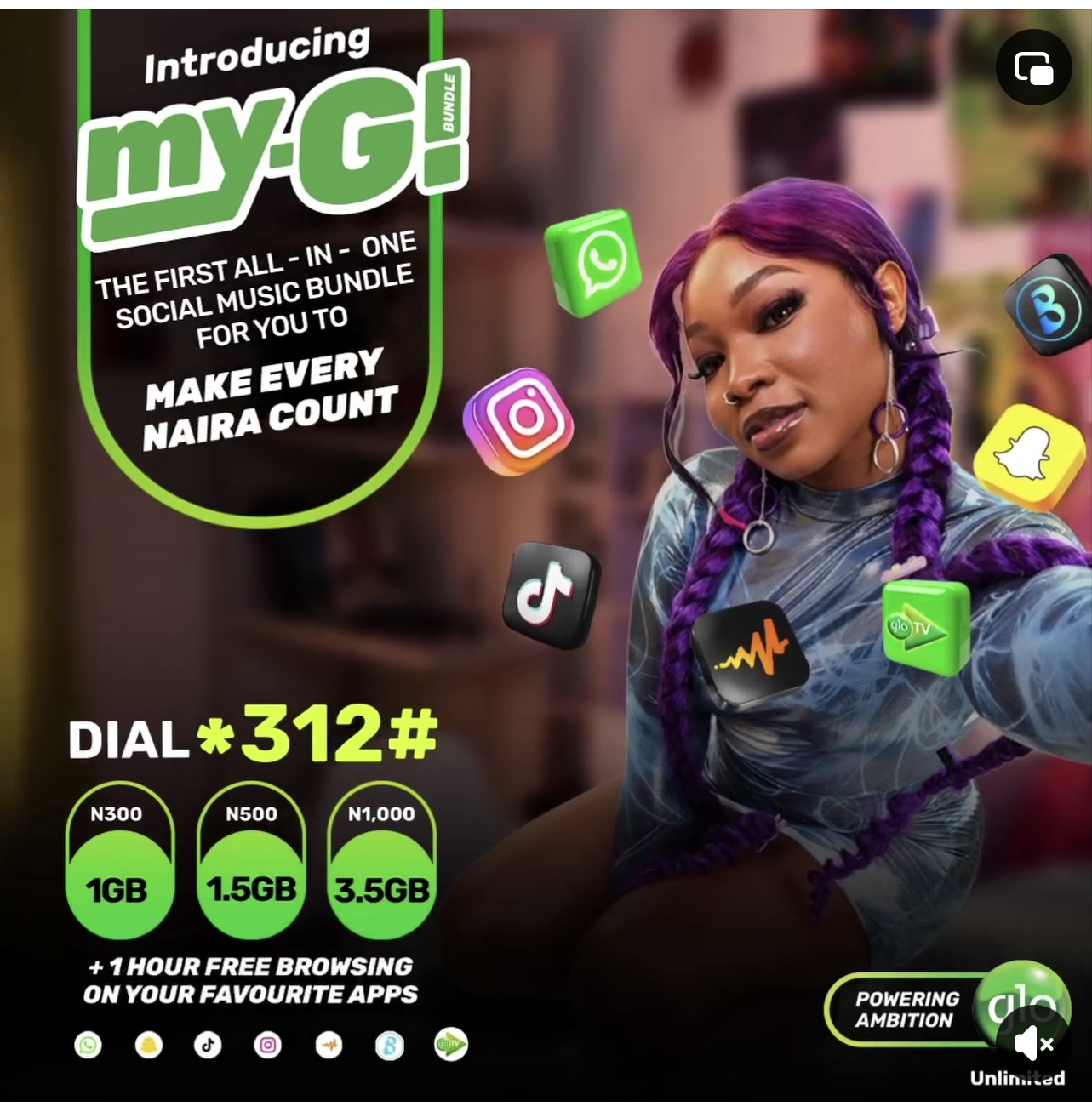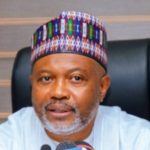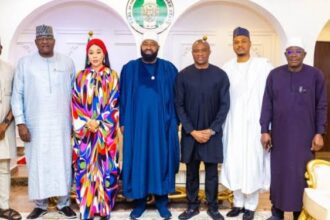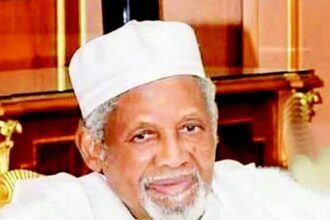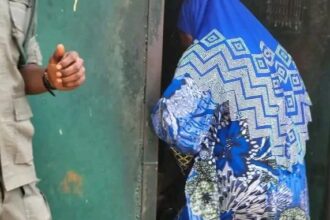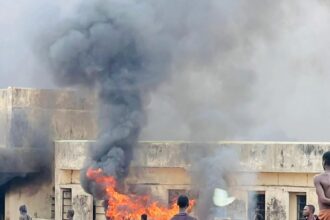...To get all news updates, Join our WhatsApp Group (Click Here)
Also Join our WhatsApp Channel (Click Here)
Globacom has introduced My-G data Bundles, a set of lifestyle data offers targeted at the youth population in the country. The new offering gives subscribers the freedom to express themselves and keeps them connected at the most affordable rates.
With My-G data Bundles, Glo subscribers can enjoy access to their favourite music and entertainment media applications such as WhatsApp, Tiktok, Snapchat, BoomPlay, Audiomack, Instagram and GloTV.
A statement released by Globacom on xxxxxxxxx revealed that the bundles are denominated in N100, N300, N500 and N1,000. The N100 bundle, which has a 1-day validity, comes with a data offer of 400MB. The N200 bundle, with a 3-day validity, gives the subscriber 1GB data.
For subscribers who opt for the N500 bundle, which has a 7-day validity, they have 1.5GB data. The N1,000 bundle has 30 days’ validity with 3.5GB data.
On any My-G Bundle, the subscriber gets 1 hour of extra data which can be used on WhatsApp, Tiktok, Snap Chat, BoomPlay, Audiomack, Instagram or GloTV. The company statement added that the introduction of My-G bundles was meant to “address the data needs of young people today.”
To access My-G Data Bundle, all a subscriber needs to do is to dial *312# and go to My-G Data Bundles where all the available packages will be displayed, allowing the subscriber to select a package of choice.
“My-G Bundles are open to all existing and the new customers and can be shared with or gifted to friends and family members in order to spread the fun”, Globacom added.
You can get every of our news as soon as they drop on WhatsApp ...To get all news updates, Join our WhatsApp Group (Click Here)
Also Join our WhatsApp Channel (Click Here)



